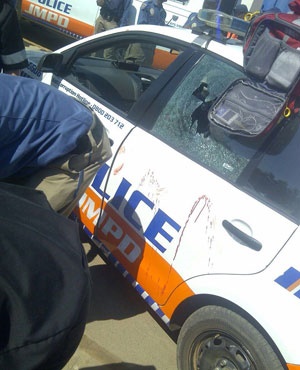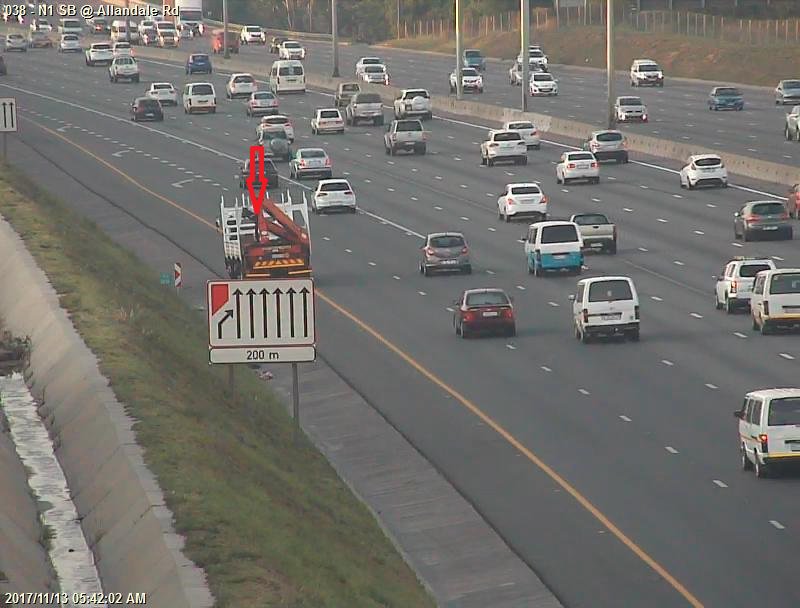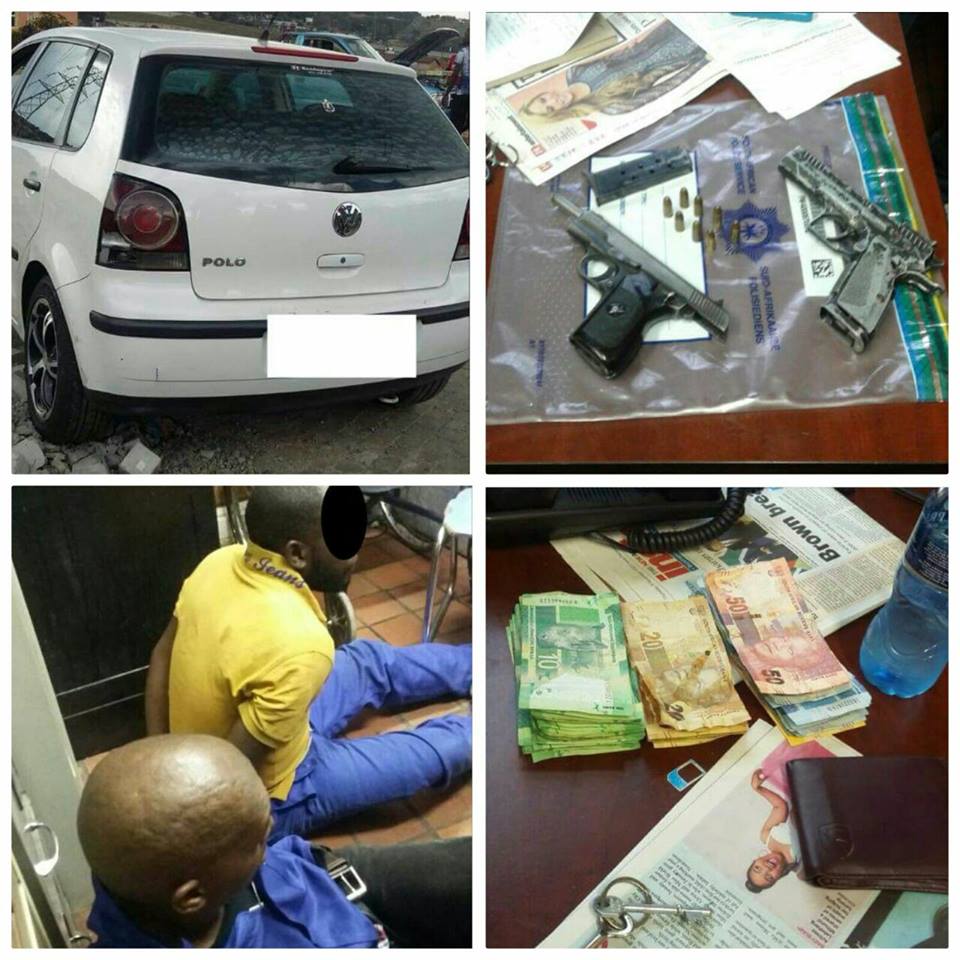South Africa has been plagued by taxi violence for decades, and it continues to be a major problem in many parts of the country. Taxi violence often results from fierce competition between rival taxi associations over routes and passengers, with some associations resorting to violence to eliminate their competition.
This violence not only endangers the lives of taxi drivers but also innocent bystanders, passengers, and residents in the areas where the violence occurs.
One recent incident that highlights the extent of taxi violence in South Africa is the assassination of a 39-year-old taxi boss in Hazelmere, KwaZulu-Natal.
The man was shot dead by unknown gunmen outside his home, as he attempted to evade a white VW Polo that had been following him.
According to reports, the victim was returning home when he realized he was being followed by the white Polo.
He attempted to evade his pursuers by driving past his home, but he was unaware that his assassins were waiting for him outside his residence.
The gunmen opened fire on his car with high-calibre rifles, forcing the victim to abandon his car while it was still in motion.
He attempted to flee on foot, but the gunmen continued shooting at him until he collapsed, having been shot multiple times in the head and body.
The government, taxi associations, and other stakeholders need to work together to address the root causes of taxi violence in South Africa.
This includes addressing the underlying issues that drive competition and violence within the taxi industry, such as corruption, lack of regulation, and inadequate law enforcement.
In addition, more needs to be done to ensure the safety of taxi operators and their passengers. This includes providing better security measures, such as CCTV cameras and armed escorts for high-risk routes, as well as training and support for taxi operators on how to deal with potential threats and violence.







![[Video] EFF leader Julius Malema addresses a community meeting in Mohokare Municipality in the Free State](https://ireportsouthafrica.co.za/wp-content/uploads/2020/11/EnZoBsNXYAACwOj.jpg)













